Ethiopia
The Ethiopian Orthodox Church, one of the world's oldest, has said the crisis that rocked it after a group of archbishops set up a breakaway synod is now resolved.
The three archbishops, who set up their synod in the Oromia region, the largest and most populous in the Horn of Africa country, have apologised, the church said on Facebook on Wednesday evening.
"The recent problems within the Ethiopian Orthodox Tewahedo Church have been resolved through face-to-face discussions," the statement said.
The three archbishops were expelled last month after their split, considered illegal by religious authorities. They will be reinstated, the statement added.
The announcement came hours after a meeting between the two parties and Prime Minister Abiy Ahmed, himself from the Oromo community and whom the patriarchate had accused of supporting the dissidents.
"This church is strong and we have decided to bring back the lost sheep," Mr Abiy said at the meeting.
The Tewahedo Church, led by Patriarch Abune Mathias for a decade, represents about 40% of Ethiopia's 115 million people and has been badly shaken by the crisis, which is set against a backdrop of political tensions between the federal state and the Oromia region.
In early February, eight people were killed in an attack on a church in Oromia, according to the Ethiopian Human Rights Commission (EHRC).
"Beatings, intimidation, evictions from churches (...) and illegal detentions were carried out in various regions against individuals and clergy who opposed those who claimed to have formed a 'new synod'," the EHRC also denounced.
The dissenting priests accused the church of discrimination and linguistic and cultural hegemony, arguing that it does not address congregations in Oromia in their native language.
The patriarchate dismissed the complaints and at one point called for peaceful demonstrations, which were eventually called off.
In its statement on Wednesday, the church said it would allocate new resources to extend the Oromo language service in Oromia but also in other parts of southern Uganda.




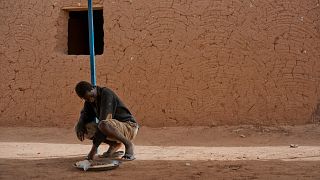
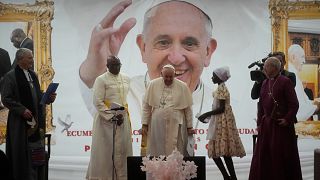

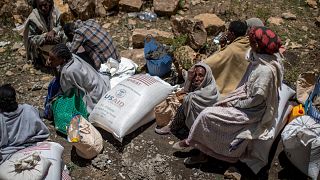
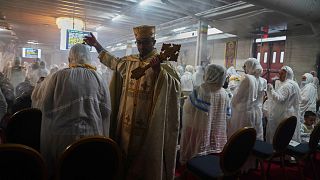
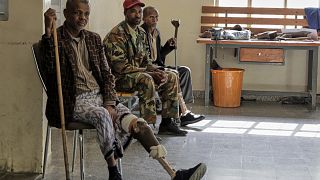


Go to video
Ethiopians mark Easter with calls for peace and love amid ongoing conflict
Go to video
Lt. Gen. Tadesse Werede named the new interim president of the Tigray region
Go to video
Ethiopia: Abiy Ahmed dismisses war possibility with Eritrea amid rising fears
01:21
Ethiopia and Somalia hold talks aimed at reaffirming ties
02:32
Several missing as Kenya tightens border security after fishermen clash
01:14
African Union commends Somalia, Ethiopia for restoring ties